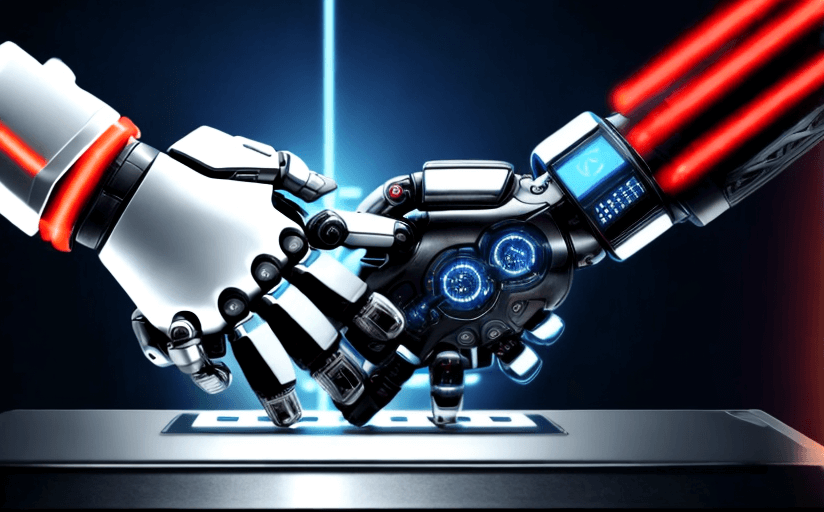The Impact of Automation and AI on the Job Market
As an article writer, I am keen on exploring the fundamental shifts in our contemporary job market. Seismic changes are overtaking the world of work, predominantly driven by the twin forces of automation and Artificial Intelligence (AI).
Transforming Job Market
Automation and AI are profoundly transforming job markets worldwide. The ubiquitous application of AI and automation is causing a paradigm shift. These advancements are not only replacing human labour but are revolutionising job descriptions and creating new types of roles.
Types of jobs being replaced and created
Fields such as manufacturing, customer service, and data entry are getting increasingly automated, leading to job losses. Meanwhile, roles in AI programming, robot maintenance, and data analysis are emerging. As per McKinsey Global Institute, around 14% of the global workforce may need to switch occupational categories by 2030 due to AI and automation.
Ripple Effects
The ripple effects of this transition are far-reaching, impacting industries, sectors, and the economy at large. Downsides include the potential for mass unemployment and societal inequality. On the positive side, automation can increase productivity, improve accuracy and facilitate a shift towards higher skilled jobs.
Expert Opinions
Renowned AI expert and author, Dr Kai-Fu Lee, suggests that AI will automate routine jobs, potentially displacing 40% of world's workers within 15 years. However, cities like Pittsburgh, known for its steel industry, have transformed their economy by embracing automation.
Consequences and Predictions
While AI and automation can create an economy of abundance, the transition period could be challenging. It is crucial for governments and businesses to prepare for this change by investing in education and vocational training for workers displaced by automation.
A future populated by AI and automation is inevitable. As the world grapples with this sea change, it is incumbent upon us to utilise it to our advantage. The focus should be on creating a symbiotic relationship where humans and machines work together to augment each other's strengths.
References:
- McKinsey Global Institute. (2017). Jobs lost, jobs gained: What the future of work will mean for jobs, skills, and wages. McKinsey & Company.
- Dr Kai-Fu Lee. AI Superpowers: China, Silicon Valley, and the New World Order.


















Comments
Leave a Comment